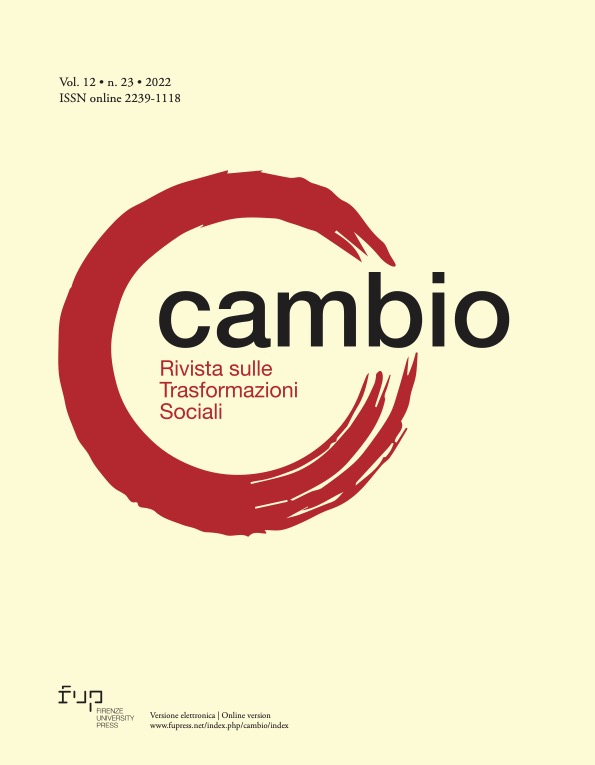Published 2022-12-06
Keywords
- financial education,
- financialisation,
- risks,
- uncertainties,
- welfare
How to Cite
Abstract
Financial education became a prominent concern in many countries in the aftermath of the 2008 economic and financial crisis. Since then, a lack of financial literacy has been deemed to prevent people from developing adequate self-protection strategies against both financial and social risks. This same issue has been raised during the COVID-19 pandemic in relation to the poor financial ‘resilience’ of households to shocks and stresses. Starting from this assumption, its improvement turned into a key objective for policymakers and regulators at European and international level. This article concentrates on financial education with a view to exploring the wider relationship between finance, social policy and the governance of uncertainty and risks. It draws on the sociological literature on the financialisation and changing paradigms of welfare states to discuss the normative substrate of financial education. Based on this and a case study analysis, this paper shows how financial education has renewed pressure on the dynamics of depoliticisation and individualisation of risks and uncertainty management.



